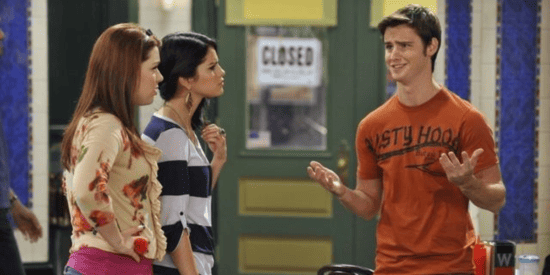Lately, The Walt Disney Company has been front and center for those in support of the Hollywood strikes. Complaints about not being paid well and not receiving streaming residuals have been at the forefront of the strikes, even as CEO Bob Iger calls the demands “unreasonable.”
However, Disney not wanting to pay residuals to their creators and actors apparently isn’t a new tactic. Young millennials may remember the so-called “Golden Era” of The Disney Channel. Shows like Lizzie McGuire, That’s So Raven, The Suite Life of Zach and Cody, and Hannah Montana made up so much of our childhood. As we aged, so did the characters, with many leaving shows to star in their own or even a spinoff of a show we all loved.

Although we didn’t understand at the time, there was a reason so many shows ended up continuing as a spinoff, featuring many of the same characters while introducing new ones, a new setting, or a new overall story. Joey Bragg, known for portraying Joey Rooney in the Disney Channel series Liv and Maddie, recently shed some light on the situation.
“They had a deal where the first three seasons of a show, you get paid 88% of scale. So it’s 88% of, like, minimum wage, pretty much, for the crew… by the third season, even if the show’s popular, they reboot it as a brand new show. We were ‘Liv and Maddie’ for the first three seasons, and the last season was ‘Liv and Maddie: Cali Style.”

We’ve seen something very similar happen with streaming, where a show will be green-lit with the promise of a certain amount of money received each season, increasing exponentially the longer a series airs. However, what many studios don’t say out loud is they have no intention of letting a show have enough seasons to make six or seven figures. If you’ve ever wondered why a series is seemingly abruptly canceled after two or three seasons, it’s because the studio or network doesn’t want to pay the amount previously promised.

Rather than create spinoffs, they just cancel the show. Recently, several streaming platforms have been removing content completely rather than have to pay residuals to an entire crew of creatives. Clearly, it’s not a new tactic from Disney, they’ve just been going about it differently in the streaming era.
What was your favorite Disney Channel spinoff? Let us know in the comments below!
